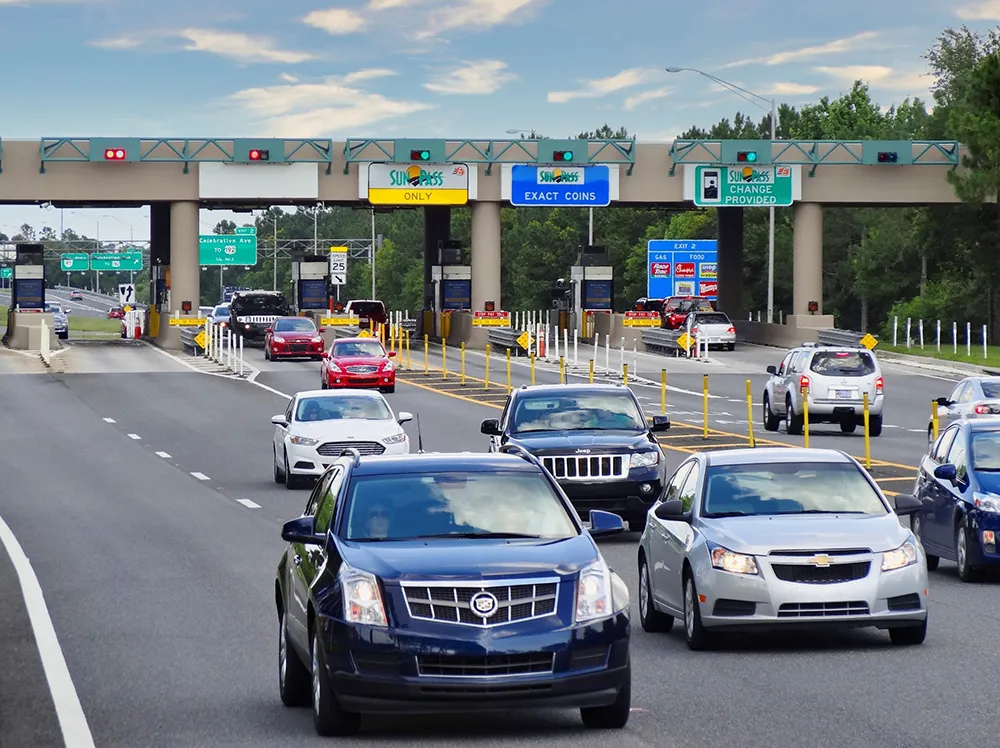Florida is one step closer to meeting national mandate for interoperability, with the announcement that the
“The licence provided through the agreement with Neology allows the Department to implement a variety of strategies to provide toll collection services,” said Florida Secretary of Transportation Jim Boxold. “The use of the 6C protocol will be managed by the Department’s tolling arm, the Florida’s Turnpike Enterprise.”
All Florida’s tolling agencies are already compatible; the Georgia State Road and Toll Authority (SRTA) also uses the 6C protocol ensuring SRTA and Florida are interoperable for ETC.
Florida’s Turnpike executive director Diane Gutierrez-Scaccetti said, “We also accommodate motorists from North Carolina and Georgia’s electronic systems, but there is a tremendous amount of back office work involved to make that happen. The new licensing agreement eliminates that in favour of a faster, more efficient and accurate real-time lane reader” she said. “This means that Florida is one step closer to welcoming travellers from states all around the country onto our system of tolled highways and bridges so they can enjoy their visit hassle-free.”
The International Bridge, Tunnel and Turnpike Association (
Florida takes the lead in advancing multistate tolling interoperability
Florida is one step closer to meeting national mandate for interoperability, with the announcement that the Florida Department of Transportation has entered into an agreement with Neology, a subsidiary of SMARTRAC Technology Group, for the patents associated with specific licensed products that offer the 6C protocol for electronic toll collection (ETC).
“The licence provided through the agreement with Neology allows the Department to implement a variety of strategies to provide toll collection services,”
February 13, 2015
Read time: 2 mins








